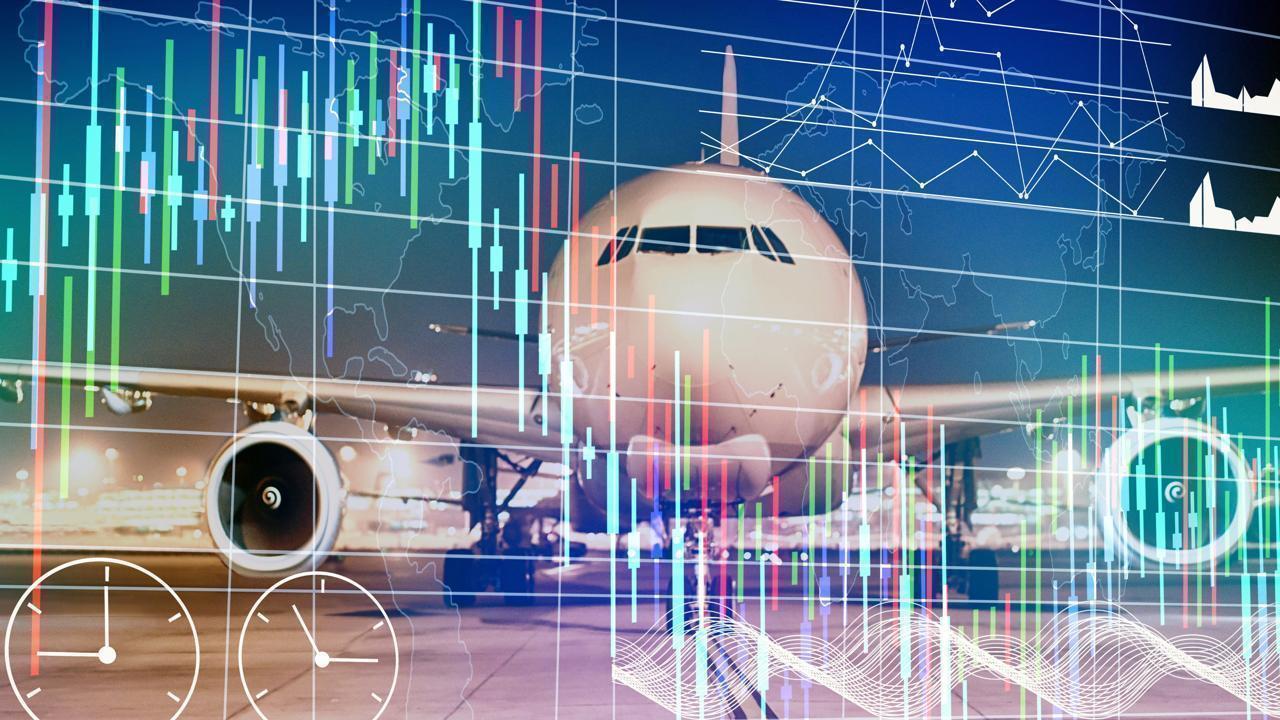
Post by : Amit
A Deepening Crisis in the Skies
India’s aviation industry may be heading for turbulent skies once again. According to a recent report by rating agency ICRA, the country’s civil aviation sector could suffer an estimated financial loss of ₹30,000 crore in the current fiscal year due to a mix of global disruptions, including elevated aviation turbine fuel (ATF) prices, supply chain disruptions, and engine-related issues, especially those tied to Pratt & Whitney's engine recalls. Importantly, ICRA clarified that these projected losses have no connection with the recent Air India Express aircraft incident that had sparked widespread concerns earlier this month.
The report, released amid growing speculation about a systemic fallout from the Air India crash, aims to correct the narrative. Instead of a single-incident trigger, the brewing financial storm in India’s aviation sector is seen as a cumulative result of macroeconomic stress, technical failures, and geopolitically induced market instability.
ICRA’s Warning: Structural Headwinds, Not Sudden Shocks
The ICRA report has delivered a sobering forecast for India's aviation sector. The expected ₹30,000 crore loss is tied to multiple structural factors, which, while not new, have intensified in recent months. Chief among them is the unrelenting rise in aviation turbine fuel prices, which accounts for nearly 45–50% of an airline’s operating expenses. With global crude oil prices remaining volatile—driven by supply uncertainties from the Middle East, particularly in light of Iran-Israel tensions—ATF prices have hit unsustainable highs for Indian carriers.
Additionally, the persistent weakness of the Indian rupee against the U.S. dollar has worsened the impact, making aircraft leasing, maintenance, and fuel procurement more expensive. Since most aviation-related transactions are dollar-denominated, domestic carriers are feeling the pinch more acutely.
ICRA's assessment signals that airline losses could widen even further if these headwinds are not mitigated through policy intervention, industry consolidation, or strategic restructuring.
Pratt & Whitney Engine Woes: A Major Technical Setback
A key technical contributor to the financial bleeding is the ongoing engine crisis involving Pratt & Whitney’s GTF (Geared Turbofan) engines—used predominantly by low-cost carriers like IndiGo and Go First. Several Indian carriers have been forced to ground a portion of their fleet due to engine-related issues and delays in component supply and maintenance cycles.
ICRA’s report highlights how these engine troubles have led to an estimated 15–20% reduction in available seat capacity for some airlines, directly impacting revenues, especially in the peak travel season. Though Pratt & Whitney is reportedly working with Indian operators to ramp up support and compensation packages, the disruption to flight schedules, rising lease payments, and reduced aircraft availability are dealing a severe blow to operational efficiency.
The long turnaround time for engine repairs and the global shortage of spare parts—partly tied to post-COVID supply chain fragmentation—are compounding the issue, with no clear timeline for full fleet restoration.
No Connection to the Air India Crash: Clarifies ICRA
The recent Air India Express runway excursion at Kerala’s Karipur Airport had initially triggered concerns about potential cascading effects on industry confidence, insurance liabilities, and operational audits. However, ICRA made it explicitly clear that the anticipated financial losses across the aviation sector are independent of the crash.
The accident, which is currently under investigation by the Directorate General of Civil Aviation (DGCA), was deemed an isolated event with no systemic technical failure attributable to the broader industry. While passenger safety concerns are valid, the report emphasizes that the losses projected for FY25 stem from operational and economic constraints, not from reputational damage or legal settlements associated with the crash.
Geopolitical Tensions: A Silent Turbulence
Beyond economic and technical pressures, the report flags heightened geopolitical risk as a key destabilizer. The Israel-Hamas conflict, tensions between Iran and Western powers, and ongoing security concerns along the India-Pakistan border have collectively spooked global fuel markets and disrupted aviation routes, especially for flights crossing West Asian airspace.
Carriers have had to undertake longer alternate routes, resulting in higher fuel burn and longer turnaround times. Moreover, aviation insurance premiums have risen in some corridors due to elevated security risk perceptions, further eating into already strained airline margins.
Although India’s domestic traffic remains robust, with strong passenger growth figures in Tier-1 and Tier-2 cities, the international travel segment, which contributes significantly to profitability, remains highly vulnerable to global instability.
Domestic Growth Can’t Offset Rising Costs
Despite these looming threats, India remains one of the fastest-growing aviation markets in terms of passenger volume. Airports like Delhi, Mumbai, and Bengaluru are operating at near-saturation capacity, and airlines continue to add new routes and frequencies. However, rising operational costs are far outpacing revenue growth.
According to ICRA, even with double-digit growth in domestic passenger traffic, most carriers are struggling to maintain break-even load factors due to elevated cost structures. Promotional fares, a crowded LCC (low-cost carrier) space, and overdependence on price-sensitive travelers have further narrowed margins.
Unless airlines successfully increase ticket prices, renegotiate lease terms, or receive governmental cost relief measures (such as reduced ATF taxation or infrastructural support), sustained profitability will remain elusive.
A Cautionary Tale for Investors and Policymakers
ICRA’s report also acts as a cautionary note for investors, lenders, and policymakers. As Indian airlines ramp up fleet acquisitions—with major players like IndiGo, Air India, and Akasa Air placing historic aircraft orders—there is growing concern about overleveraging in a high-cost environment.
The rating agency recommends a measured approach to capacity expansion, tighter cost control, and collaborative efforts with OEMs and leasing companies to absorb volatility. It also called for long-pending reforms in aviation fuel taxation and maintenance, repair and overhaul (MRO) support within India to reduce foreign dependence.
Policymakers are now under pressure to rethink the existing tax structure that makes ATF one of the most expensive aviation fuels globally, even though India refines much of its own crude. State-level VAT on ATF remains steep, and no national consensus has been reached on bringing aviation fuel under GST—a long-standing demand from industry stakeholders.
Airlines Respond with Strategic Measures
Major carriers have begun responding to the crisis in various ways. IndiGo, for example, has announced plans to wet lease aircraft to offset grounded fleet capacity due to the Pratt & Whitney crisis. SpiceJet, operating under financial strain, is reportedly in talks with lessors and banks for loan restructuring. Meanwhile, Air India, backed by Tata Group, is pushing forward with fleet renewal but faces pressure to streamline costs amid international competition.
In the low-cost segment, startups like Akasa Air are facing higher-than-expected cost curves, forcing them to rethink network expansion timelines. Across the board, airlines are introducing fuel surcharge adjustments, tightening schedules, and in some cases, even reducing complimentary services to manage costs.
Survival Hinges on Stability and Reform
The ₹30,000 crore projected loss figure paints a bleak picture, but the aviation sector is far from defeat. If macroeconomic conditions stabilize—particularly oil prices and currency rates—carriers could bounce back, given the robust travel demand in the domestic market. However, structural reforms in fuel pricing, leasing norms, and engine maintenance ecosystems will be crucial for long-term sustainability.
For now, India’s airlines are navigating through a perfect storm of global and domestic headwinds, relying on strategic tweaks and operational resilience to survive another year of financial stress.
India, Aviation, Business


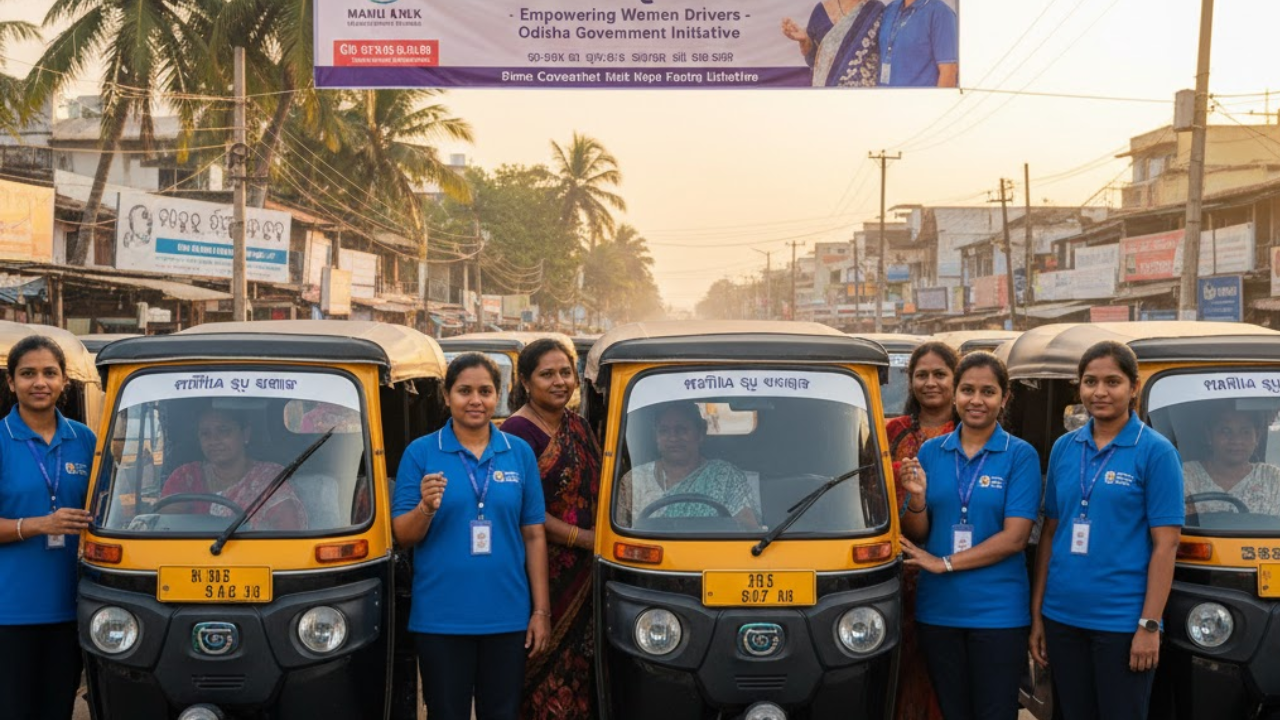







Bengaluru-Mumbai Superfast Train Approved After 30-Year Wait
Railways approves new superfast train connecting Bengaluru and Mumbai, ending a 30-year demand, easi

Canada Post Workers Strike Halts Nationwide Mail and Parcel Services
Canada Post halts operations as CUPW strike disrupts mail and parcel delivery nationwide amid disput
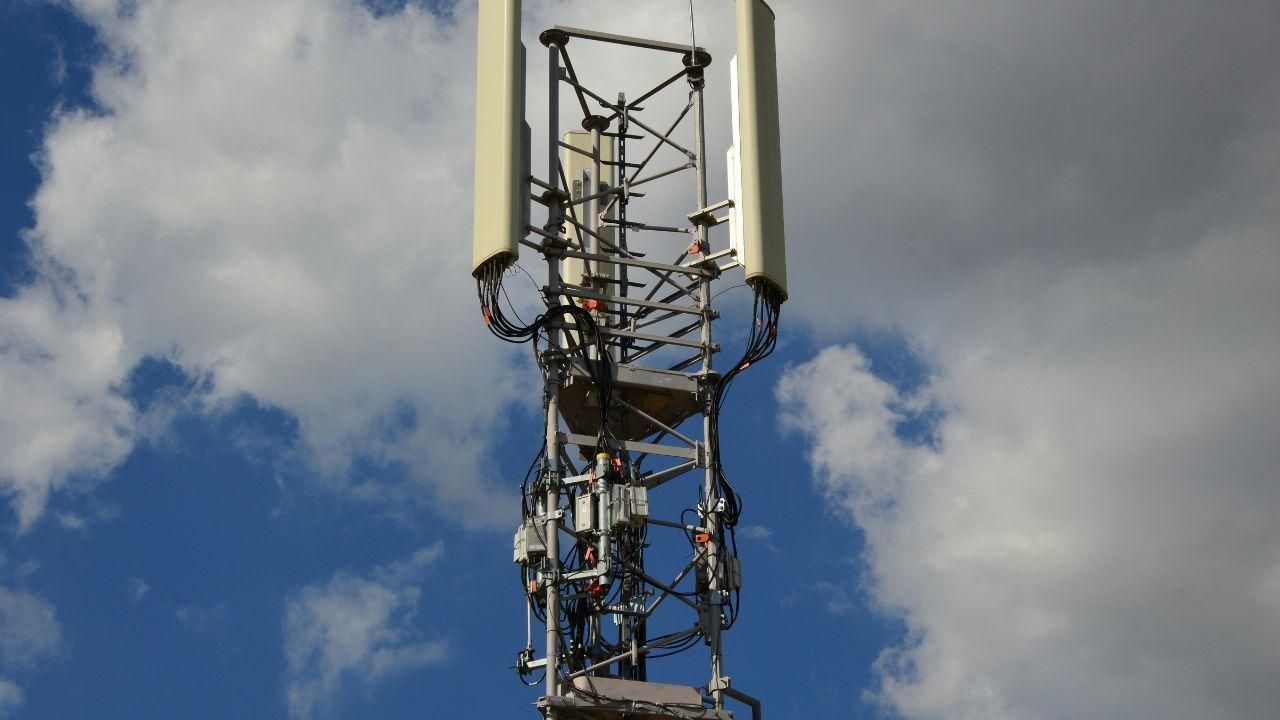
PM Modi Launches BSNL ‘Swadeshi’ 4G Network, 97,500 Towers Built
India enters global telecom league as PM Modi inaugurates BSNL’s indigenous 4G, connecting 26,700 vi
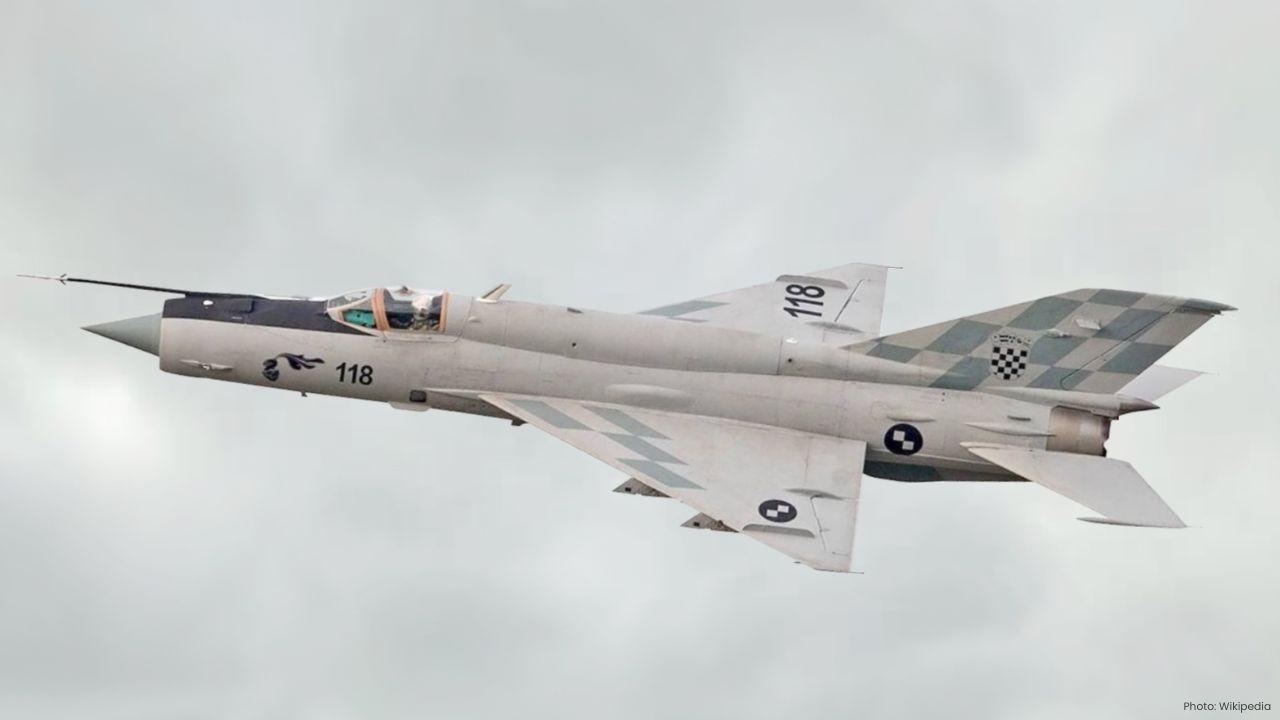
India’s Iconic MiG‑21 Takes Final Flight After Six Decades of Service
After 60 years India retires its MiG‑21 fighter jet, a legendary yet controversial warplane marking

Hindustan Zinc unveils AI hotspot monitoring at Debari smelter
Hindustan Zinc launches AI-powered Switchyard Hotspot Monitoring at Debari smelter to cut outages bo
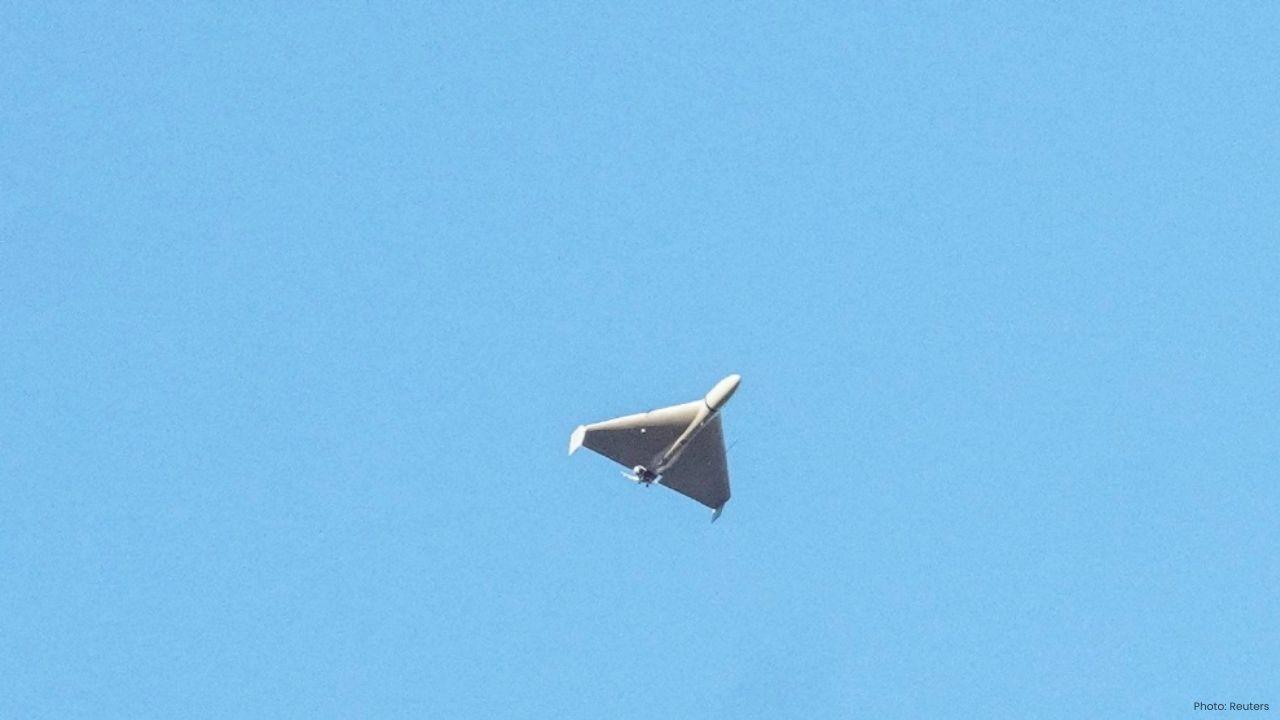
Chinese experts worked inside sanctioned Russian drone plant
Chinese drone specialists visited IEMZ Kupol supplying parts and drones via intermediaries, deepenin